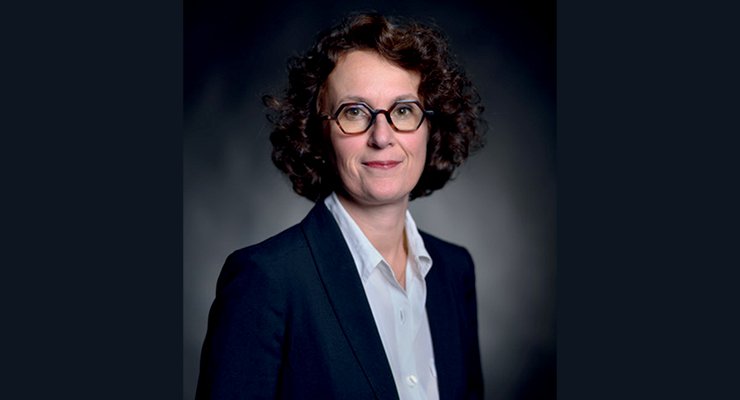Specialty – Integrated Production and Logistics (PIL)
Graduates from PIL will be generalists but also specialist in industrialization of manufactured products and management of systems under constraints (flow, delivery, QA, resource and manpower questions). PIL graduates are also capable of integrating component procurement analysis, purchasing, machine availability and finished goods delivery issues. To do so they acquires skills such as total quality, 5S, kanban, lean manufacturing, reliability, predictive maintenance), flexible workshop management, GCAP, ERP …
Programme
The basic engineering courses on production management and organization, industrialization, quality assessment and reliability are enriched by team work to help them adapt to a future professional context. In PIL, the students cover the following themes:
- organisation and industrial management ;
- performance and continuous improvement management ;
- supply chain management and ERP ;
- flow modelling and optimisation ;
- statistic control of processes and industrial reliability factors ;
- industrialisation and CAM ;
- manufacturing process management digital assembly plants.
These themes are taught with environmental constraints taken into account, helping develop students' professional ethics.
Equipment
PIL mainly use the same tools as those found in industrial applications – for industrial management (Sage X3 and Prélude ERP), for continuous workshop improvement (K‑SMED, serious games Lean), for industrialisation plans, for digitised machining, MPM, CAM (Windchill, DELMIA, NCSimul), for modelling and flow optimisation (QUEST, SIMIO).
Placements and industrial relations
The end of studies project takes place in an industrial environment – often as a 6 month placement – e.g., the automobile sector (Faurecia, PSA Peugeot Citröen, Renault, Valeo), or in transportation (Air France, RATP), cosmetics (Chanel, Colgate, Palmolive), aeronautics (Airbus et Aérolia), process specialists (Arcelor Mittal), consumer goods (Procter & Gamble), and logistics … The project can also be carried out abroad.
International
Over 60% of the PIL students benefit from at least a semester at a host university's studies: Braunschweig (Germany), Berlin (Germany), Curitiba, Florianopolis (Brazil), Montreal (Canada), Brno (Czech Republic), Helsinki, Lappeenranta, Oulu (Finland), Cranfield, Glasgow Loughborough (UK) and Goteborg, Linkoping or Luleå (Sweden).
Professional openings
Graduates from PIL are often recruited in various sectors (aeronautics, automobile, consumer goods, equipment makers, petrochemical industries …), service sectors (distribution, transportation and logistics, …) and software editors or integrators.
Contact and documentation
Other UTC-IM specialties
- Specialty – Sound and Vibration Engineering (AVI)
- Specialty – Integrated Design in Mechanical Engineering (CMI)
- Specialty – Data Handling and Reliability for Industry (DFI)
- Specialty – Industrial Design Engineering (IDI)
- Specialty – Mechatronics, Actuators, Robotisation and Systems (MARS)
- Specialty – Materials and Technological Innovation (MIT)
- Specialty – Simulation in Mechanical Engineering (SIM)
- The Apprenticeship Designer Course (CPT)



